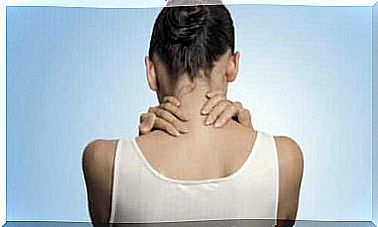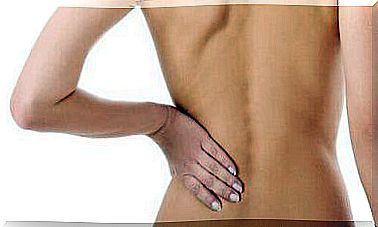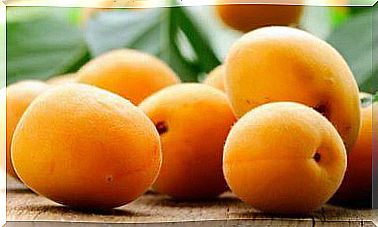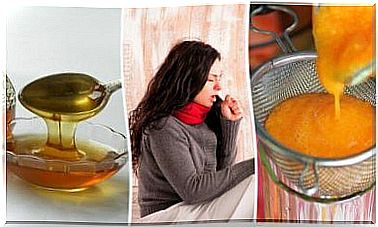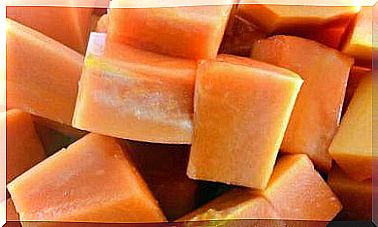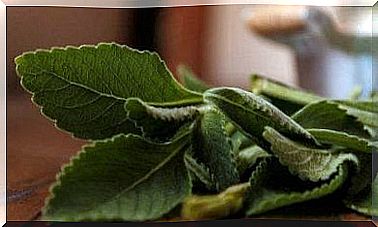Foods And Medicines That Should Never Be Combined
Many are unaware that there are several foods and medicines that are best not to combine. The reasons for this are different in each case, but the basic thing remains the same: combining some medicines and foods can be detrimental to human health.
There are therefore some rules regarding medicines that do not apply to dosing but to diet. So if you are taking a particular medicine, make sure it is compatible with regular foods – keep reading and find out more!
Bronchodilators
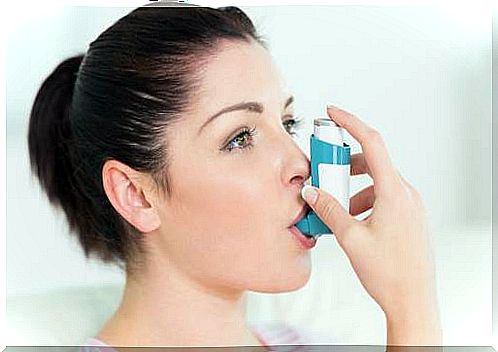
People with asthma, bronchitis, or any other lung-related illness use this type of medication.
If you are taking this type of medicine, you should remember that it is best to limit your intake of drinks (as well as foods) that contain caffeine.
Why is this?
- These drugs work in the body to stimulate the nervous system. Therefore, to avoid excessive nervousness during your treatment, you should limit your caffeine intake.
- Above all, caution should be exercised with theophylline, as caffeine increases the toxic effects of this drug.
- Fatty foods should also be avoided as they increase theophylline produced in the human body.
Antihypertensive drugs
Drugs that lower blood pressure are useful in treating and preventing heart and kidney disease.
These include, for example, drugs such as captopril, Enalapril and Ramipril. Combining these products with foods high in potassium should be avoided.
Why is this?
This type of medicine increases the amount of potassium in the blood. Excessive potassium can lead to irregular heartbeat, as well as shortness of breath.
Therefore, it is best to limit your intake of the following foods if you are taking antihypertensive drugs:
- banana
- potato
- soy
- spinach
Antiarrhythmics
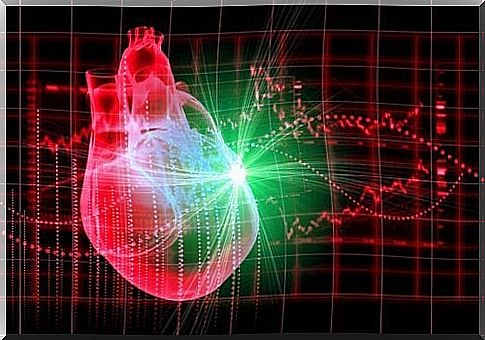
Antiarrhythmics are a class of drugs that includes, for example, digoxin and are used to treat and prevent heart failure.
The problem arises when these drugs are combined with foods rich in glycyrrhizinic acid, such as licorice. This substance is used in confectionery and pastries, and is also present in beer.
Why is this?
- The compound in question may cause an irregular heartbeat or even a heart attack if it comes into contact with digoxin.
- Instead, dietary fiber reduces the effectiveness of this drug. Thus, one should take it only two hours before or after eating.
- Also, keep in mind that some herbs, such as St. John’s wort and Senna, affect the effectiveness of digoxin.
Drugs that lower “bad” cholesterol (LDL cholesterol)
People with obesity or those with diabetes or cardiovascular disease often use this type of medicine.
Some examples of this medicine are Atorvastatin, Fluvastatin, Lovastatin, Simvastatin, Rosuvastatin and Pravastatin.
These medicines should not be combined with citrus fruits.
Why is this?
Citrus fruits significantly increase the absorption of these drugs, which then increases the likelihood that the patient will receive an overdose and side effects from their drug.
The effect of one tablet combined with orange juice is equal to the more abundant dose of the drug taken with pure water.
Drugs that prevent blood clotting
These drugs are used to prevent and treat thrombosis, and include Warfarin, among others.
This type of medicine should not be taken with foods that thin the blood and are high in vitamin K.
Why is this?
When taking this type of medicine, you should limit your intake of blueberries, garlic, ginger, and some spices (these include cayenne pepper, cinnamon, and turmeric).
These foods prevent the blood from clotting and can cause bleeding, as they increase the effectiveness of Warfarin.
Vitamin K, on the other hand, reduces the effectiveness of that drug and is found in large amounts in spinach, turnips, cabbage and broccoli.
Analgesics
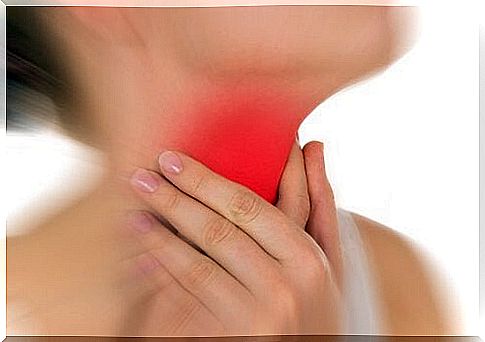
Analgesics are used to treat a variety of aches and pains, among other things .
An example of this type of drug is the familiar ibuprofen. It should be avoided when you have consumed carbonated drinks.
Why is this?
Ibuprofen is incompatible with sweet and carbonated drinks, as the carbon dioxide and acid contained in these drinks increase the absorption and amount of the medicine in the blood.
In this case, it is impossible to control the dose. Therefore, there may be a risk of a toxic effect mainly affecting the kidneys.
Now you know that the rules on medicines also apply to ordinary foods. So keep this advice in mind if you are taking any of these medications and you can avoid nasty consequences.
